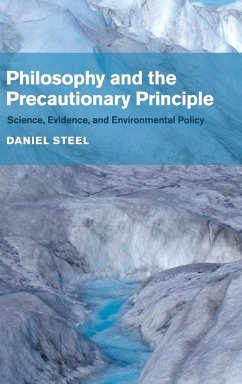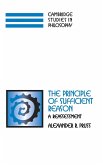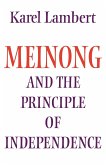Scholars in philosophy, law, economics and other fields have widely debated how science, environmental precaution, and economic interests should be balanced in urgent contemporary problems, such as climate change. One controversial focus of these discussions is the precautionary principle, according to which scientific uncertainty should not be a reason for delay in the face of serious threats to the environment or health. While the precautionary principle has been very influential, no generally accepted definition of it exists and critics charge that it is incoherent or hopelessly vague. This book presents and defends an interpretation of the precautionary principle from the perspective of philosophy of science, looking particularly at how it connects to decisions, scientific procedures, and evidence. Through careful analysis of numerous case studies, it shows how this interpretation leads to important insights on scientific uncertainty, intergenerational justice, and the relationship between values and policy-relevant science.
Bitte wählen Sie Ihr Anliegen aus.
Rechnungen
Retourenschein anfordern
Bestellstatus
Storno









